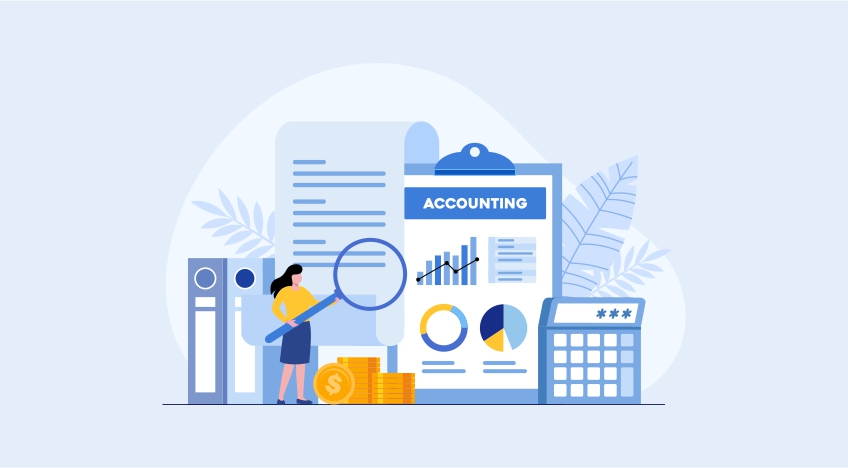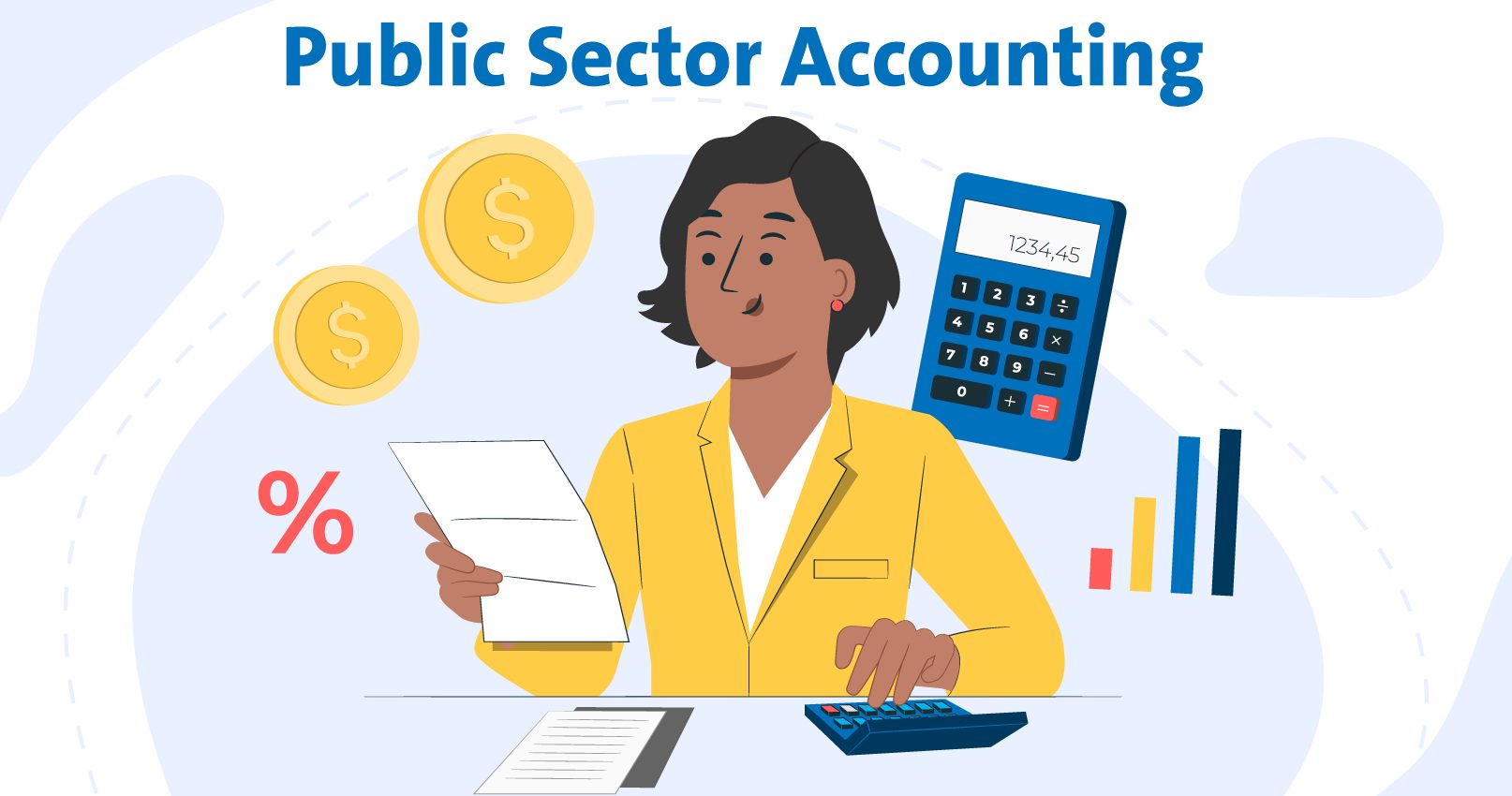What is a Forensic Accounting Dissertation?
A forensic accounting dissertation is a detailed research project that explores how forensic accountants use their skills to investigate financial crimes and disputes. Forensic accounting involves examining financial records to detect fraud, embezzlement, or other financial misconduct.
In your dissertation, you might look into methods used to uncover financial crimes, the role of forensic accountants in legal cases, or how forensic accounting helps in resolving financial disputes. The goal is to understand how forensic accountants use their expertise to solve complex financial issues and contribute to legal proceedings.
Why are Forensic Accounting Dissertation Topics Important?
Forensic accounting dissertation topics are important because they shed light on how forensic accountants tackle financial crimes and disputes. By exploring these topics, you can understand how forensic accounting helps in identifying fraud, analyzing financial evidence, and supporting legal processes.
This knowledge is crucial for anyone interested in a career in forensic accounting or related fields. It helps students and professionals learn about the tools and techniques used in investigations, and how these practices can improve financial transparency and justice.
Writing Tips for Forensic Accounting Dissertation
To write a successful forensic accounting dissertation, start by choosing clear and relevant dissertation topics. Focus on specific areas such as fraud detection methods, forensic accounting techniques, or case studies of financial crimes. Ensure your research ideas are well-defined and supported by strong data.
Create a detailed outline to organize your dissertation into sections, such as introduction, methods, results, and conclusions. Use simple language to explain complex forensic accounting concepts and include real-life examples to make your points clearer. Carefully proofread your work to correct any mistakes and ensure it reads smoothly.
Seek feedback from your professors or peers to improve your dissertation. Following these tips will help you craft a well-organized and engaging forensic accounting dissertation that stands out in your field.
Forensic Accounting Dissertation Topics Brief Service
At dissertation-help.co.uk, we offer a comprehensive Dissertation Topics Brief Service to help you select a suitable dissertation topic. Our expert writers can help you generate ideas and outline a detailed topic brief of 500 words. This service ensures that you are headed in the right direction for your dissertation, with a clear and focused topic that meets academic standards.
Paid Topic Consultation Service
You will get the topics first as per the given requirements, and then the brief which includes;
- An explanation why we choose this topic.
- 2-3 research questions.
- Key literature resources identification.
- Suitable methodology with identification of raw sample size, and data collection method
- View a sample of topic consultation service
Download Sample Dissertations Pdf
Before you start working on your own dissertation, it’s helpful to take a look at some sample dissertations. Our collection of sample dissertations covers a wide range of civil law topics and can give you a better understanding of how to structure and write your own dissertation.
You can download free dissertation samples and topic briefs to get an idea of how to approach your topic and craft an engaging dissertation. This can serve as inspiration and guidance throughout your research process.
List of Top 99 Forensic Accounting Dissertation Topics
Explore engaging Forensic Accounting dissertation topics on fraud detection, financial crimes & auditing. Get expert ideas for your research!
1. Fraud Detection and Prevention
- The Role of Forensic Accounting in Fraud Detection
- Forensic Accounting and Fraud Prevention Strategies
- Forensic Accounting and Corporate Fraud Detection
- Forensic Accounting and Financial Fraud Prevention
- The Role of Forensic Accounting in Preventing Financial Crime
- The Role of Forensic Accounting in Detecting Ponzi Schemes
- Forensic Accounting and Fraudulent Financial Transactions
- The Role of Forensic Accounting in Financial Scandals
2. Forensic Accounting Techniques and Tools
- Techniques Used in Forensic Accounting Investigations
- The Effectiveness of Forensic Accounting Tools and Techniques
- The Use of Data Analytics in Forensic Accounting Investigations
- The Use of Technology in Forensic Accounting
- Forensic Accounting and Financial Investigation Techniques
- The Use of Forensic Accounting in Financial Forensics
- Forensic Accounting and Financial Reconstruction
3. Forensic Accounting in Legal and Regulatory Compliance
- How Forensic Accountants Support Legal Proceedings
- The Use of Expert Witnesses in Forensic Accounting Cases
- The Impact of Forensic Accounting on Legal Outcomes
- Forensic Accounting and Litigation Support
- The Use of Forensic Accounting in Legal Settlements
- Forensic Accounting and Financial Crime Legislation
- The Role of Forensic Accountants in Financial Regulation Compliance
4. Financial Crime and Corporate Misconduct
- Forensic Accounting and Money Laundering Investigations
- Forensic Accounting and Securities Fraud
- The Role of Forensic Accounting in Corporate Fraud Cases
- Case Studies of Financial Fraud in Large Corporations
- Case Studies of Embezzlement in Financial Institutions
- Forensic Accounting and Financial Crime Investigations
- The Role of Forensic Accountants in Economic Crime Prevention
5. Corporate Governance and Ethics
- Forensic Accounting and Corporate Governance
- The Impact of Forensic Accounting on Corporate Ethics
- The Influence of Forensic Accounting on Business Operations
- Forensic Accounting and Corporate Financial Policies
- The Role of Forensic Accounting in Corporate Scandals
- The Impact of Forensic Accounting on Corporate Reputation
6. Industry-Specific Forensic Accounting Applications
- Forensic Accounting in the Non-Profit Sector
- Forensic Accounting in the Healthcare Industry
- Forensic Accounting in Real Estate Fraud Cases
- Forensic Accounting in the Insurance Sector
- Forensic Accounting in Government Audits
- The Use of Forensic Accounting in High-Risk Industries
7. Forensic Accounting in Financial Risk Management
- The Relationship Between Forensic Accounting and Risk Management
- Forensic Accounting and Financial Risk Analysis
- Forensic Accounting and Fraud Risk Assessment
- Forensic Accounting and Financial Compliance
- The Impact of Forensic Accounting on Financial Decision-Making
8. Forensic Accounting in Mergers, Acquisitions, and Investments
- Forensic Accounting in Mergers and Acquisitions
- Forensic Accounting and Asset Tracing
- The Use of Forensic Accounting in Tax Fraud Cases
- Forensic Accounting and Fraudulent Investment Schemes
- The Role of Forensic Accounting in Financial Recovery
9. Emerging Trends and Future of Forensic Accounting
- The Evolution of Forensic Accounting Practices
- The Future of Forensic Accounting in the Age of Technology
- The Future of Forensic Accounting: Trends and Predictions
- The Influence of Forensic Accounting on Financial Regulation
10. Forensic Accounting in Global and Cross-Border Contexts
-
- Comparing Forensic Accounting Practices Across Countries
- Comparative Analysis of Forensic Accounting Techniques in Different Countries
- The Challenges of Forensic Accounting in Multinational Corporations
Conclusion
A forensic accounting dissertation is a valuable research project that explores how forensic accountants use their skills to investigate financial crimes and disputes. By focusing on relevant topics, students can uncover insights into fraud detection, financial investigation techniques, and the role of forensic accountants in legal cases.
These topics are important because they help improve our understanding of financial misconduct and contribute to better financial practices and justice. Writing a successful dissertation involves selecting clear topics, organizing your research effectively, and presenting it in a clear and engaging way. With the right approach, your forensic accounting dissertation can make a significant contribution to the field.
FAQs
What is the main goal of a forensic accounting dissertation?
- The main goal of a forensic accounting dissertation is to investigate how forensic accountants uncover financial fraud, analyze financial evidence, and support legal cases. It aims to provide insights into the practices and methods used in forensic accounting.
Why are forensic accounting dissertation topics important?
- Forensic accounting dissertation topics are important because they highlight how forensic accountants detect and prevent financial crimes. They help improve understanding of financial investigations and contribute to better financial practices and justice.
How do I choose a topic for my forensic accounting dissertation?
- Choose a topic that interests you and is relevant to forensic accounting. Focus on specific areas like fraud detection, financial investigation techniques, or case studies. Ensure your topic has enough research material available and aligns with your academic goals.
What are some tips for writing a forensic accounting dissertation?
- Start by selecting a clear and relevant topic. Organize your research into a detailed outline and use simple language to explain complex concepts. Include real-life examples to make your points clearer and proofread your work carefully. Seek feedback to improve your dissertation.
List of Related Posts
- 99+ Top Behavioral Accounting Dissertation Topics for 2025
- 99+ Corporate Governance Dissertation Topics for 2025
- 99+ Top Environmental Accounting Dissertation Topics in 2025
- Top 99 Public Sector Accounting Dissertation Topics for 2025
- 99 Top International Accounting Dissertation Topics for 2025
- 99+ Top Forensic Accounting Dissertation Topics for 2025
- 99 Top Taxation Accounting Dissertation Topics for 2025
- 99+ Top Governmental Accounting Research Topics for 2025
- 99+ Top Management Accounting Dissertation Topics for 2025
- 99 Top Financial Accounting Dissertation Topics for 2025
- 99+ Top Accounting and Finance Dissertation Topics for 2025
- 99+Best Accounting Dissertation Topics and Ideas For 2025
- 99 Top Auditing Dissertation Topics ideas and Examples






